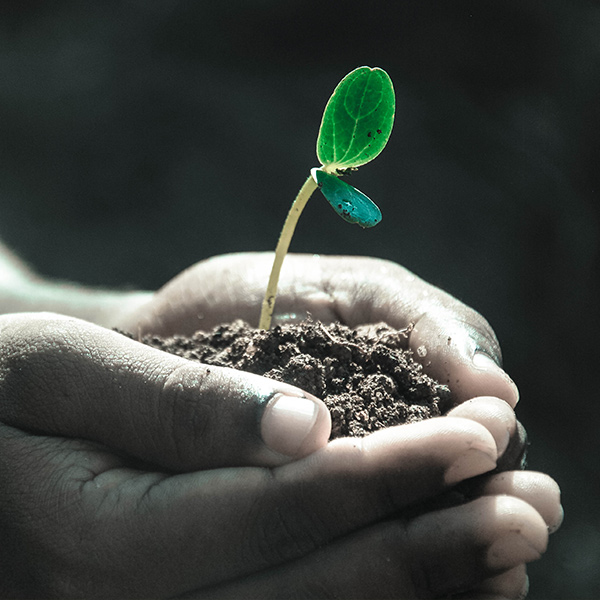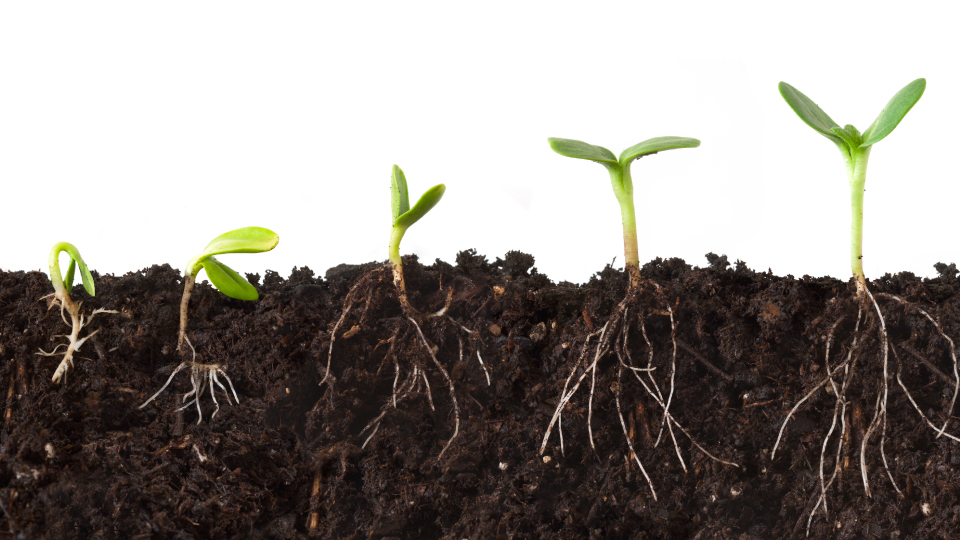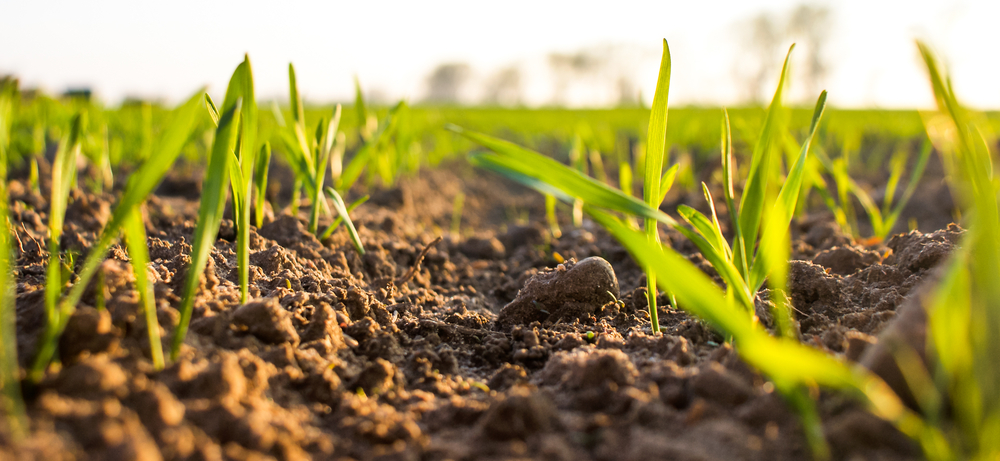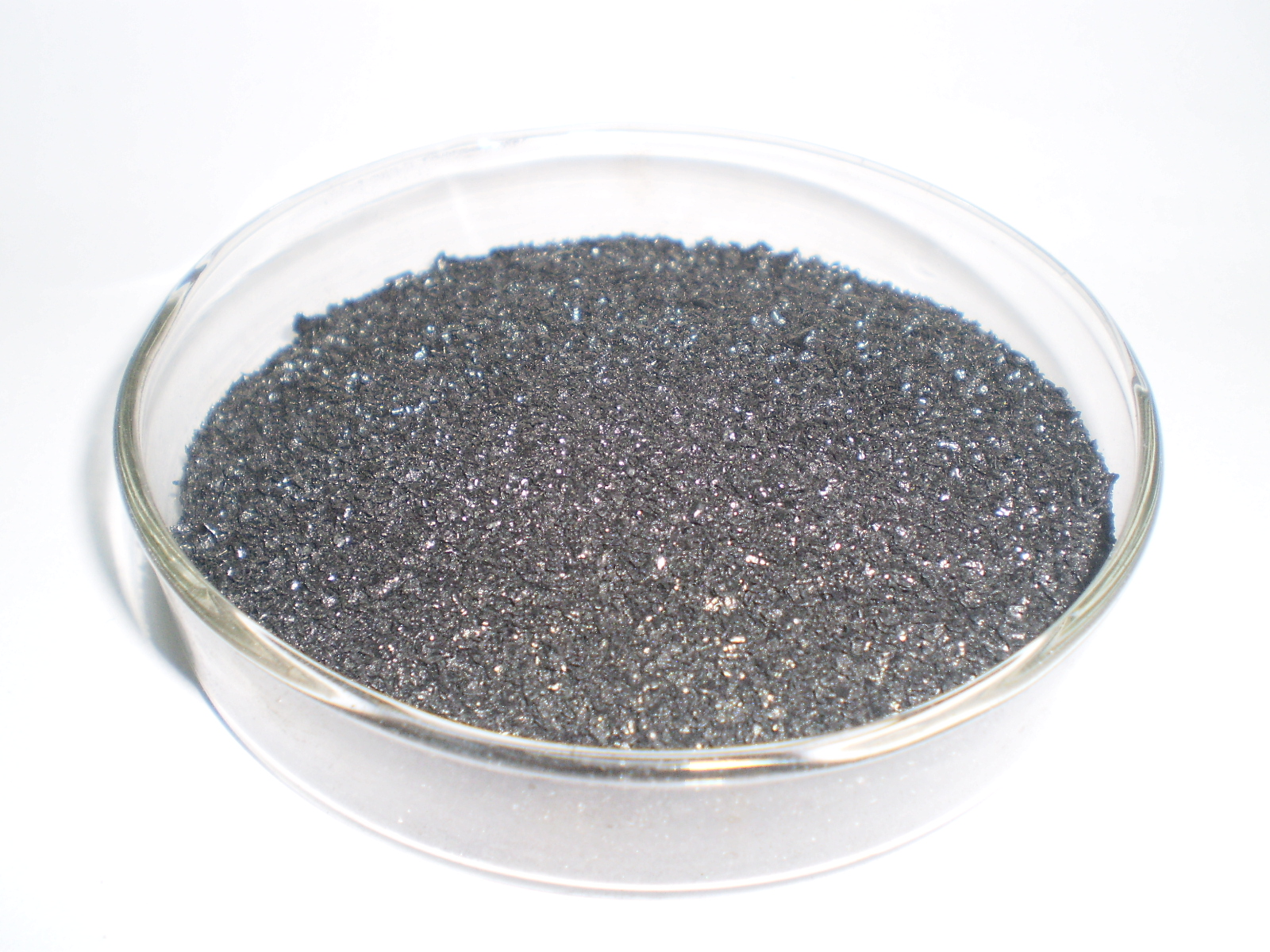Humic acid is a mixture of natural organic macromolecular compounds that are widely found in nature and have been widely used in agricultural production in recent years due to their unique physiological functions. In addition to improving soil, improving fertilizer efficiency, and promoting crop growth, its role in plant stress resistance has also received increasing attention.
About plant stress resistance
Plants are an open system that survives in the natural environment and is inevitably damaged by harsh environments. Usually we refer to these environments that cause damage to plants as adversity (or coercion), subdivided into the following categories:
biological
physical
Chemistry
temperature
Diseases, pests, weeds
Rain, snow, hail, mechanical damage, flood, drought
Side effects of herbicides and fertilizers, phytotoxicity, soil acidification, compaction, salinization
High temperature, low temperature
When these stresses occur, the plants will produce some changes, such as drought, which will cause the leaves and tender stems to wilting; flooding will cause the leaves to yellow, dry, root browning or even rot; at high temperatures, the leaves become brown, dead spots appear, bark Cracking; pathogens infect the leaves with lesions.
It affects the growth and development, yield and quality of plants, and even causes death directly in severe cases.
Unlike humans and animals, plants can’t escape no matter what danger they encounter. Since they can’t run away, plants can only retreat to the next level, and they have the ability to “beating”. This is the resistance of plants. origin.
In the case of drought, plants maintain the balance of water by controlling the opening and closing of the stomata of the leaves; under high-salt environmental stress, by preventing the permeability of the cell membrane, a large amount of salt solution is prevented from entering the plant; even when suffering from pests and diseases, part Plants can also produce chemicals to resist, or attract natural enemies of pests and diseases to destroy them.
In general, plants have relatively low resistance during the growth period, and after entering dormancy, the stress resistance increases; the vegetative growth period is more resistant, and the flowering stage is weaker. But if the adversity exceeds its tolerance, plants can’t escape bad luck.
Once the adversity occurs, we can’t change it, but if it can improve the plant’s own resistance, it may be a good idea!
The role of humic acid in various adversities
Plant drought stress
Under drought conditions, the application of humic acid-containing fertilizer can promote the increase of proline content in plant leaves, promote the water-holding capacity of cells, and increase the activity of plant cell protective enzymes (nitrate reductase, superoxide dismutase, Oxidase, etc., reduce the permeability of the plasma membrane, etc. to comprehensively improve the drought resistance of crops.
Plant salt and alkali stress
Humic acid substances can indirectly improve the stress tolerance and stress resistance of plants by improving the physical and chemical properties of the soil. In addition, humic acid can also be used to enhance salt resistance by regulating the change of fructose concentration, so that the damage of the material film under salt stress can be alleviated.
Plant temperature stress
Under low temperature stress, humic acid can increase the proline content and abscisic acid content of crops, increase the activity of polyphenol oxidase, and reduce the decrease of transpiration rate, stomatal conductance and net photosynthetic rate of plants after low temperature stress. Cold resistance.
Under high temperature stress, humic acid also showed good performance. The activities of crop superoxide dismutase and peroxidase are increased, the rate of superoxide anion production and the content of hydrogen peroxide are reduced, and the heat resistance of crops is enhanced.
Macaroni distorted by cadmium pollution Source: Visual Alliance
Plant heavy metal stress
Humic acid contains a variety of functional groups, which can fix heavy metals on the surface of soil particles through complexation, chelation and reduction, thus affecting their migration and reducing the solubility of heavy metals in water and reducing their toxicity.
At the same time, humic acid can also alleviate the toxic effect of heavy metal cadmium on seedlings. The main mechanism is to inhibit the absorption of cadmium and promote its absorption and accumulation of nutrients such as copper, zinc, iron and manganese.
Plant disease resistance
Humic acid can promote growth by increasing the sugar content and chlorophyll content of leaves, which indirectly improves the disease resistance of crops. At the same time, studies have shown that humic acid can inhibit the germination of downy mildew sporangia, and compounding with other pesticides can significantly reduce the occurrence of downy mildew. At the same time, humic substances can also enhance the control of root-knot nematodes.
Phytic acid is widely used in pesticide additives due to its special structure and function. It also proves that humic acid has a good effect on plant disease resistance.
Humic acid is an important component of organic matter, which can reduce the application of fertilizer, improve the efficiency of nutrient use, partially replace the biosynthesis plant growth regulator, improve the quality of fruits and vegetables, improve the resistance of plants, reduce the occurrence of pests and diseases, and promote the early development of plants. And flowering, the function is very powerful, and it should be widely used.



